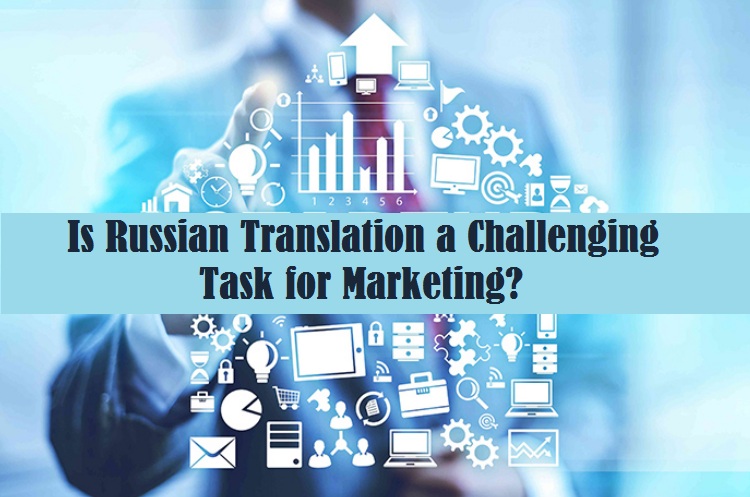Culture is a very important factor in business. It relates to your ethics, attitudes, etiquettes and values. Business culture and national culture are two different poles, yet connected to each other. Business culture actually has its own dimension. Hence, to communicate with your business counterparts effectively, it is necessary that you understand their attitudes and values. Ignorance of such parameters results into cultural barrier and inhibition of communication process. So, if you have a Dutch client or would be communicating with the one, then make sure that you have complete knowledge about their business etiquette’s and culture, as it determines the success of your activities in Dutch-speaking nations, specifically the Netherlands.
Following factors will help you get closer to the Dutch people:
1. Timekeepers
Dutch people are excellent timekeepers, i.e. they are highly punctual. These people greatly prioritize the value of time. Recently, a globally renowned Multilingual Dutch Translation Agency said that their Dutch clients are very particular about time when it comes to business meetings. Hence, try not to be late. However, they are so friendly that late arrival apologies would be accepted with a smile.
2. Dress Code
In business, the Dutch people tend to dress up very conservatively. However, the dress code varies with industries; jeans and open-neck shirts in the entertainment and IT sectors while a formal dress code in banking sector. Women usually wear trouser suits. For attending a particular business event, it is generally advised to be well-dressed. Uniforms are rarely worn, except at the janitor level.
3. Tradition of Gifts
The Dutch do not like to give or receive any kind of gift, except for reward for the services rendered. Hence, you cannot try to fool them by giving them gifts on the first meeting. In the Netherlands, gift giving is not very common. However, some sort of gesture is always welcome, on events like finalizing a deal etc. on the other hand, if you receive a gift, then immediately open and appreciate it.
[ Must Read: 6 Reasons to Adopt French Translation to Boost Sales Globally ]
4. Meeting over Lunch
If you are conducting a business meeting over lunch or dinner, then make sure that you insist on paying the bill. Casually, Dutch like to split up their bill for a fair share, as a mark of self-dependence. However, if you are in a formal meeting, it is your responsibility to pay the bill. Also, ensure to maintain the table manners.
Dutch Business Culture
Dutch people are quite honest and strictly against corruption practices. The country was ranked at the 9th position (out of 176) in 2012 in the Transparency International’s Corruption Perceptions Index. So, if you are dealing with a Dutch client, never try to bribe them.
So, you are all set to meet a Dutch person. Complete knowledge about the Dutch business etiquette’s and culture will mesmerize the Dutch client and maybe your proposal works for him. Good luck for the meeting with a Dutch client!!

